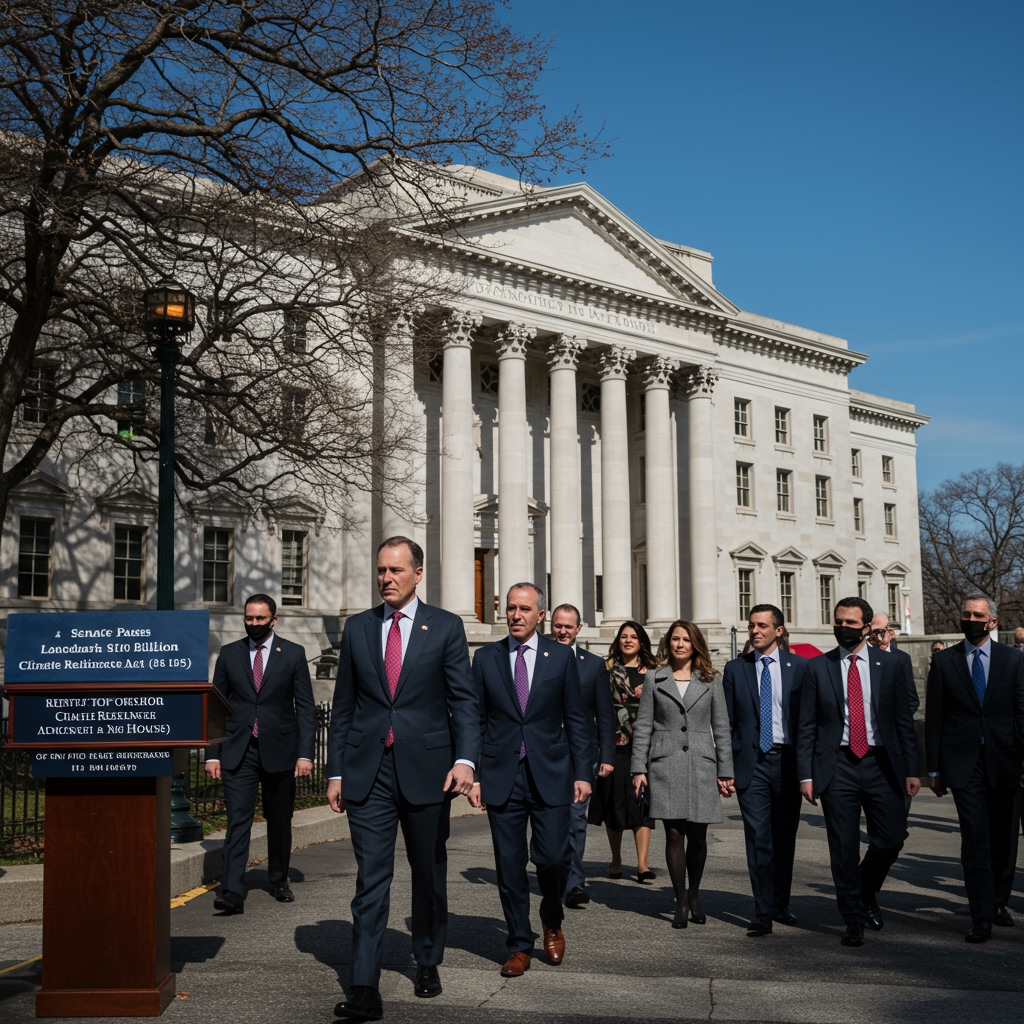Former President Donald Trump reportedly broached the topic of removing Federal Reserve Chair Jerome Powell with House Republicans, and received positive responses. This inquiry occurred amid a backdrop of current political debates and financial discussions. The Federal Reserve, under Powell’s leadership, has been actively involved in managing monetary policy. The former president’s actions suggest his continued interest in influencing economic policy, and potentially revisiting his prior stance on the Federal Reserve.
The Inquiry’s Context
The reported inquiry underscores Trump’s persistent engagement with economic matters, even after leaving office. The Federal Reserve, as the central bank of the United States, wields considerable influence over the nation’s economy through its monetary policy decisions. These decisions include setting interest rates and managing the money supply, which directly impact inflation, employment, and overall economic growth. The inquiry could be interpreted as an effort to gauge support for potential future actions or to signal his views on the Fed’s current course. Such discussions highlight the interplay between political considerations and the technical aspects of economic management.
The Federal Reserve’s Role
The Federal Reserve’s independence from political interference is a cornerstone of its operational framework. This independence is intended to insulate monetary policy decisions from short-term political pressures, allowing the Fed to focus on long-term economic stability. The role of the Federal Reserve Chair is crucial in shaping the direction of monetary policy. The chair leads the Federal Open Market Committee (FOMC), which meets regularly to assess economic conditions and decide on appropriate policy adjustments. The FOMC’s decisions can have profound effects on financial markets and the broader economy.
Political Implications
The House GOP’s reported positive response to Trump’s inquiry indicates a degree of alignment with his views on economic strategy. This alignment could reflect a shared perspective on monetary policy or a broader consensus on the role of the Federal Reserve. The political dynamics surrounding the Fed are complex. The relationship between the president and the Fed chair can be fraught with tension, especially when there are disagreements over economic policy. Any attempt to remove the Federal Reserve Chair would likely trigger significant political and economic consequences.
Potential Consequences
If Trump were to pursue any action against the current Federal Reserve Chair, it would undoubtedly generate considerable debate. Such a move could have wide-ranging implications, potentially affecting financial markets, investor confidence, and the Fed’s independence. It is important to note that removing the Federal Reserve Chair is a complex process, with specific legal and procedural requirements. The potential for such an action underscores the importance of understanding the Fed’s role and the potential political influences on the economy.
The Broader Economic Landscape
Economic factors, such as inflation and employment rates, typically remain a significant focus for both political parties and the Federal Reserve. The Fed’s actions often come under scrutiny. The intersection of monetary policy and political considerations is a recurring theme. The current situation highlights the ongoing interplay between the political and economic realms, and the potential for political actors to exert influence over vital economic institutions like the Federal Reserve.
The interaction between the former president and the House GOP regarding the Federal Reserve Chair illustrates the close ties between politics and economic policy. While the inquiry alone does not indicate any immediate change, it provides insight into the perspectives of leading political figures. The reaction from the House GOP highlights the complex dynamics at play.















